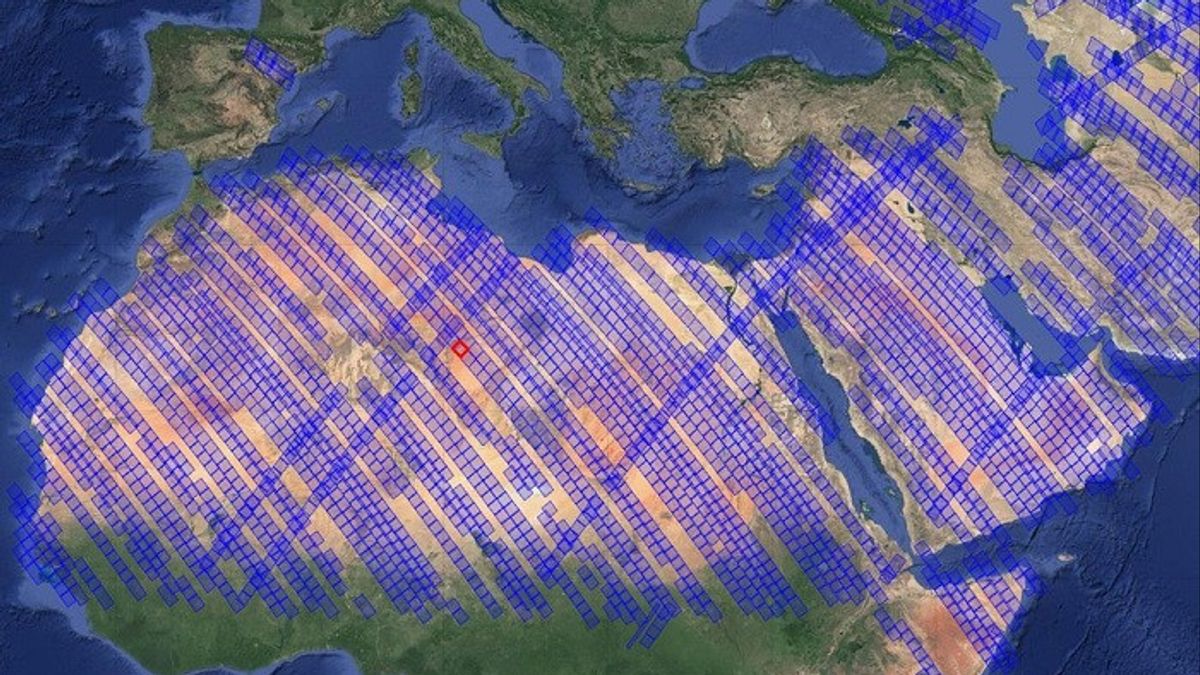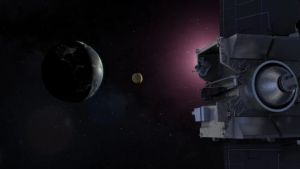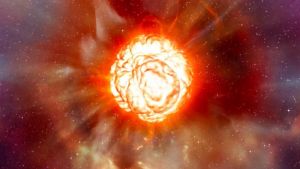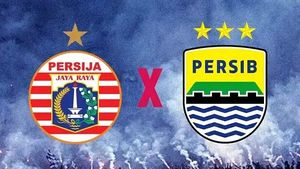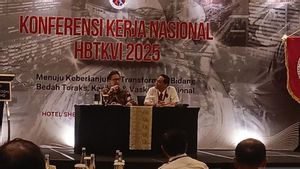JAKARTA - For years it was thought that climate change could completely change the Earth, but much remains unknown about how climate change actually works. NASA's latest mission may provide the answer.
The mission to investigate the source of Earth's Surface Mineral Dust or EMIT, initiated by NASA, provides a greater understanding of climate change.
The new mission has been running from aboard the International Space Station (ISS) since last July and produced its first mineral map.
"EMIT is one of seven Earth science instruments on the International Space Station that gives us more information about how our planet is being affected by climate change," said Kate Calvin, chief scientist and senior climate adviser at NASA, October 17th.
EMIT analyzes light reflected from Earth, measuring it at hundreds of wavelengths, from the visible spectrum to the infrared spectrum. Scientists use this pattern, called a spectral fingerprint, to identify surface minerals and determine their location.
Furthermore, the map produced by EMIT provides a detailed description of how the composition of the surface found in the northwestern region of Nevada and the Sahara Desert in Libya.
VOIR éGALEMENT:
NASA says the windswept area is a source of fine dust particles that heat or cool the surrounding air as it rises into the atmosphere.
That map data is also combined with sites like Google Dynamic World. However, scientists have not been able to truly assess how climate change is reacting on a global scale.
With EMIT's measurements finally released, NASA scientists may be able to gain a better understanding of climate change as a whole and maybe even find some new ways to solve it.
"The data that EMIT produces will give scientists more insight into how the Earth is heated and cooled, and even how minerals such as these dust particles uplifted from Nevada and the Sahara Desert affect all of that," said Calvin.
The English, Chinese, Japanese, Arabic, and French versions are automatically generated by the AI. So there may still be inaccuracies in translating, please always see Indonesian as our main language. (system supported by DigitalSiber.id)
